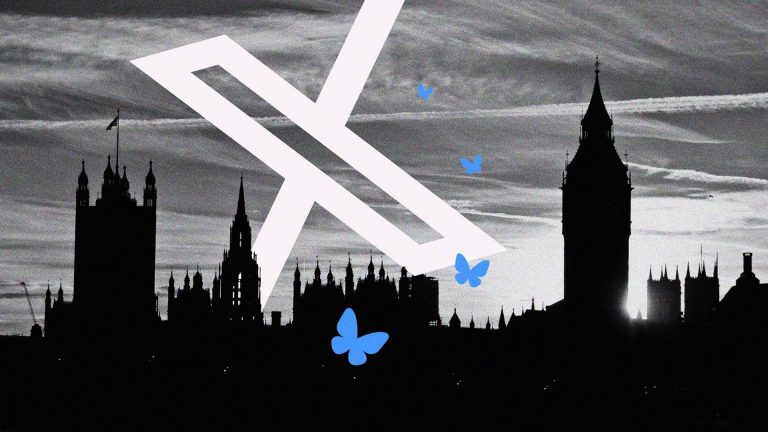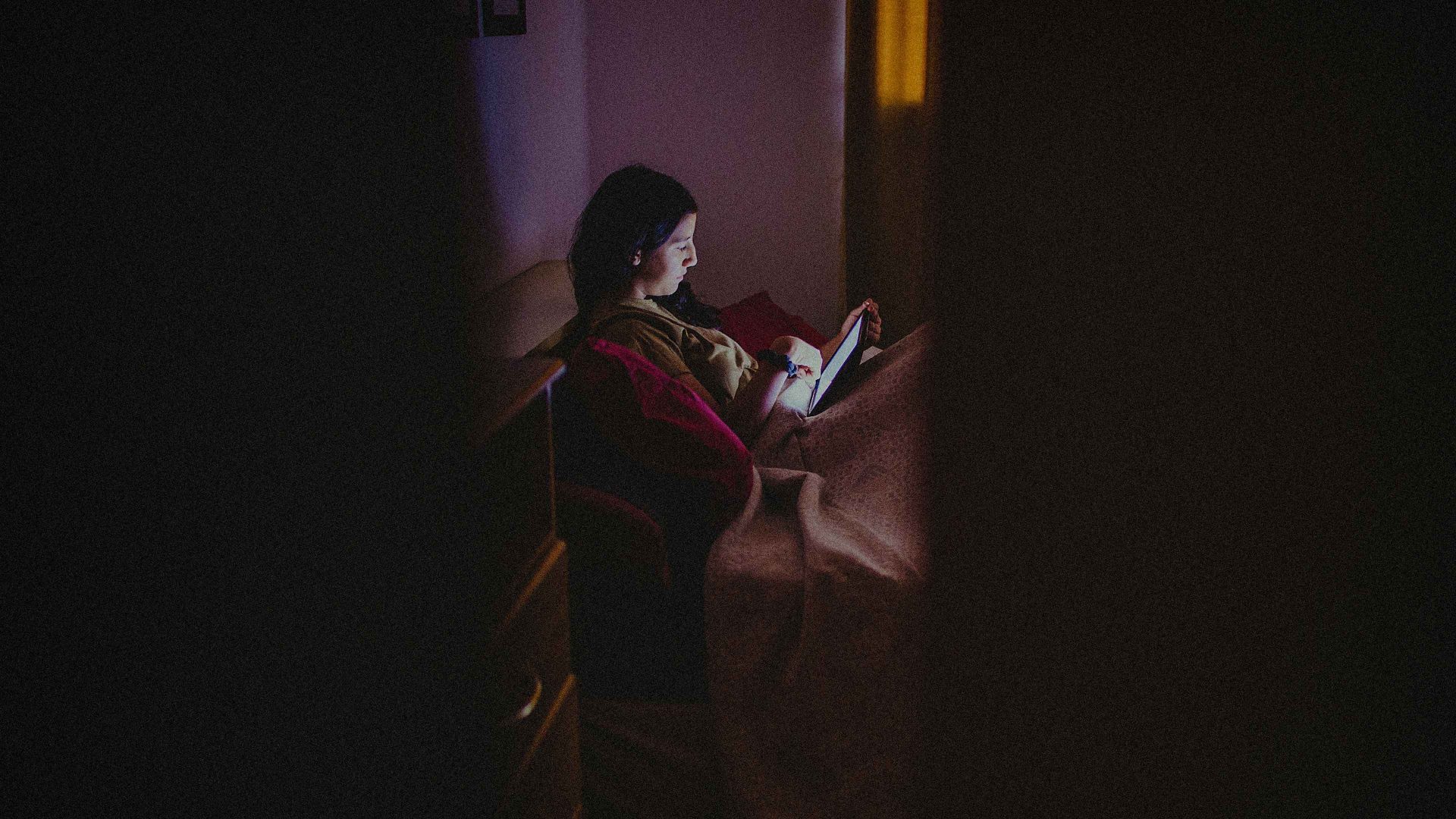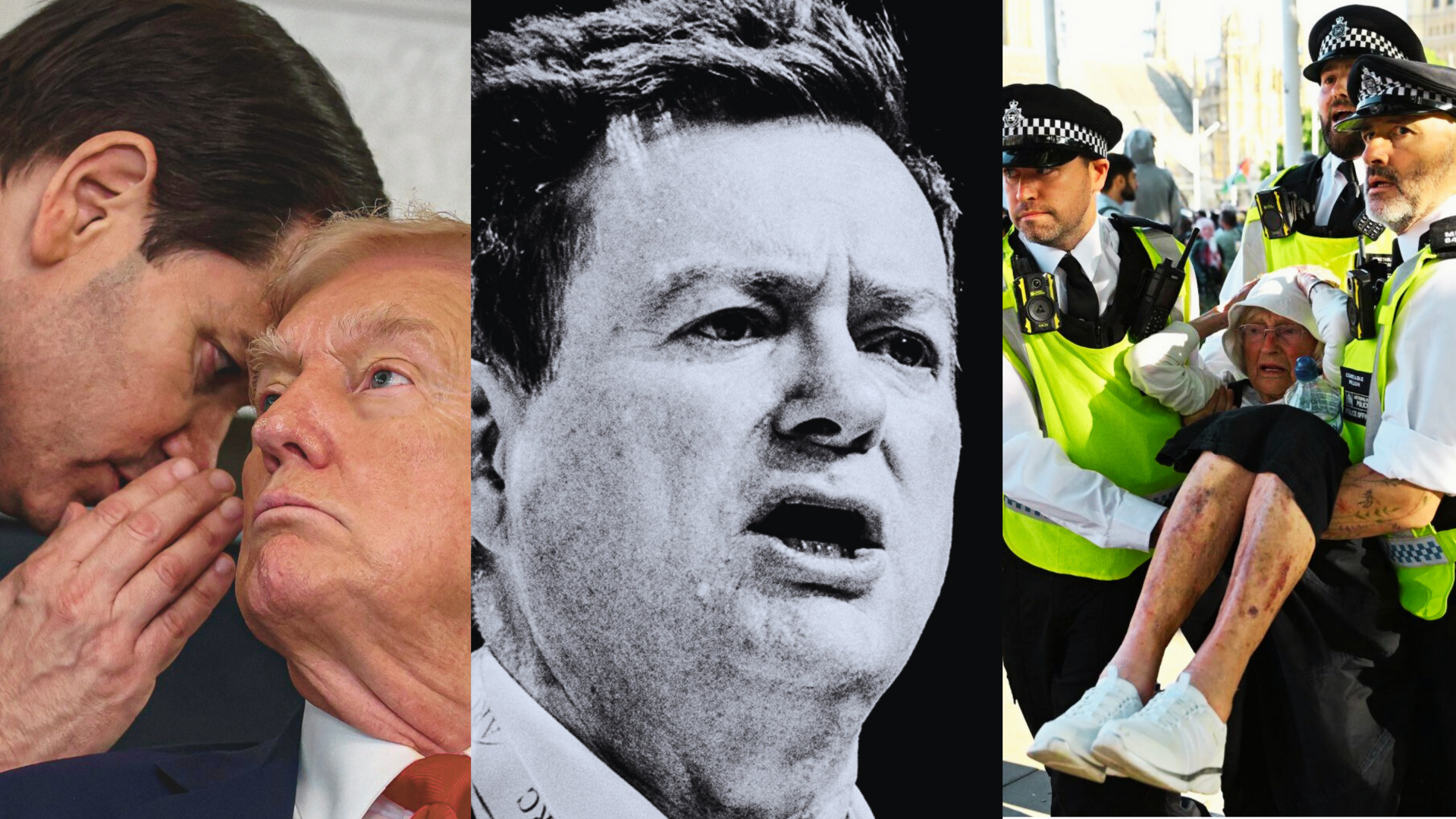If asked, could you pinpoint the moment, or moments, when your life changed irretrievably? Some people may be able to mention great tragedies or incredible bouts of luck but, in most cases, it’s hard if not impossible for a person to know when their existence took a sharp turn.
I may be an exception here, in that I can think of a singular decision I took at the age of 13, and without which I wouldn’t be here today. Had things worked out differently in that particular week or month, it’s unlikely I would have become a journalist, or moved to Britain, or, or, or. It’s the flap of the butterfly’s wings that keeps causing hurricanes several decades later.
Amazingly, I can’t even remember the thinking behind it. All I know is that when I was 12 I launched a little blog where I talked about what happened at school, because that’s what several of my friends had recently done, and a year later I decided that wasn’t enough.
I’d discovered indie music from the UK and the US, via other blogs run by other, older teenagers, and felt that my voice was needed on the matter. Bless the innocent ego of children. I launched a new blog, which I decided would be dedicated solely to guitar bands.
There isn’t enough space here to go through all the changes this unleashed – from an intense MySpace addiction and a proper website launched at 15 to thousands of hours spent on Twitter in my twenties – but nothing about my life would have been the same without it. It was my sliding doors moment.
I’d been a weird kid growing up with few friends in provincial France, and suddenly someone had handed me the wardrobe that led to Narnia, and I got to escape from the dread of predictable normality. It was a fairytale come to life. It isn’t something that can happen anymore.
Earlier this month, the Danish government announced that social media would be banned for all children under 15. Far from being an exception, they were merely following countries from Australia to Norway, who have been introducing increasingly stringent legislation to get children away from their phones and computers.
“Mobile phones and social media are stealing our children’s childhood”, Mette Frederiksen, the Danish prime minister said as she explained the reasoning behind her policy, and it made me feel torn. What stole my childhood wasn’t the internet, but the fact that I struggled to fit in, and was bullied by kids who didn’t want anyone to be different.
If anything, my childhood and teenage years would have been nothing without blogs and social media. I can’t even bear to think of a world in which I hadn’t had access to them. Still, another part of her speech stopped me in my tracks. According to government research, 60% of 11- to 19-year-old Danish boys do not see a single friend in real life when they have free time. Isn’t that horrific?
I adored being at the computer when I was a teen because the computer allowed me to make friends with people I wouldn’t have met otherwise. On one especially memorable occasion, I ended up getting to know a girl through our respective blogs even though we went to the same school. The millennial online experience was, at its core, a deeply social one.
Suggested Reading


Social media has ruined politics
Sure, we spent time at home surfing the web, but that was only ever done for the specific purpose of enhancing our lives outside the house. My blog was great not in and of itself, but because it allowed me to score free tickets to gigs, and occasionally free booze from the backstage area.
Today’s platforms are fundamentally antisocial, making users both idly scroll instead of doing anything else, but also preventing them from forming real, solid connections with existing people. In the Meta and TikTok era, every man really is an island, separated from others by a screen and a malevolent algorithm.
What a bitter realisation it is, then, that what I’m angry about isn’t governments choosing to delay teens’ access to the internet. My impotent rage comes from the grief I feel at having lost something which was once so dear to me. I look at today’s weird kids and outcasts and I worry that they will not be given the lifeline I was offered.
I look at the world we live in and I despair at what we had and what was yanked from us without our consent. For a little while, the internet could enhance people’s lives instead of destroying them, but that era is now over. I’m glad I got to live through it – I wouldn’t be writing this column otherwise – but furious that money and politics got in the way and ruined everything, again.
Here’s to hoping that Danish children, and other kids in other countries across the world, get to start making their own luck soon. I wish I could give them advice on what to do next, but I must be honest with them and with myself: their world isn’t one I know or could pretend to understand. They’re on their own




